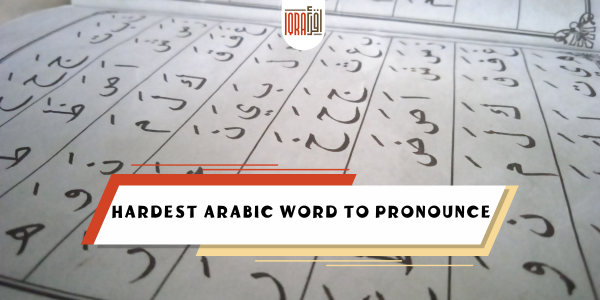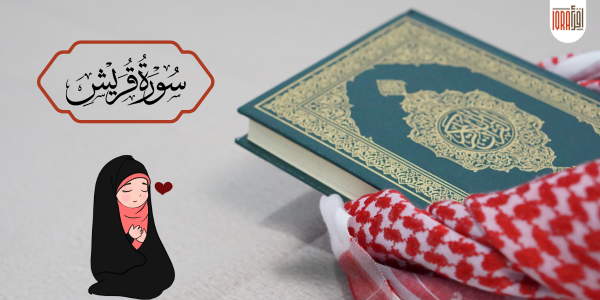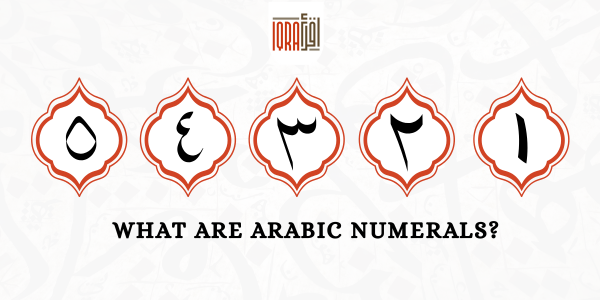Islam, a faith deeply rooted in compassion and charity, illuminates two significant acts of giving – sadaqah and zakat. These practices are not mere rituals but profound acts that define a Muslim’s life and obligations towards society. Through them, we fulfill our duty to Allah and our fellow beings.
Understanding Sadaqah
Sadaqah, derived from the Arabic word ‘Sidq’ (meaning truth), represents voluntary charity. It is an act that can be done at any time, without any limitation or specific conditions. Essentially, sadaqah is about the act of giving, regardless of the amount.
The Holy Quran says, “Those who spend their wealth [in Allah’s way] by night and by day, secretly and publicly – they will have their reward with their Lord…” (2:274). These words emphasize the essence of sadaqah. It’s an act which, whether done in secret or in public, brings rewards and blessings from Allah.
The Significance of Zakat
While sadaqah is voluntary, zakat is obligatory. It’s one of the Five Pillars of Islam, a set amount (usually 2.5% of one’s savings) given annually to those in need. It’s not just an act of charity; it’s a form of worship, a way to purify one’s wealth and soul.
In the Quran, Allah proclaims, “And establish prayer and give zakat, and whatever good you put forward for yourselves, you will find it with Allah…” (2:110). This verse underscores zakat’s importance in building a balanced and just society.
For a detailed understanding of the distinctions between sadaqah and zakat, the scholars at Dar-alifta provide a comprehensive breakdown that can shed further light on the topic.
Sadaqah and Zakat: More Than Just Charity
Prophet Muhammad (peace be upon him) once said, “The believer’s shade on the Day of Resurrection will be his sadaqah.” [Al-Tirmidhi]. This hadith highlights that acts of charity like sadaqah and zakat provide shade and protection in the hereafter. By giving, we are not just helping the needy; we’re securing our place in the afterlife.
Furthermore, the acts of sadaqah and zakat purify our wealth. When we set aside a portion for those less fortunate, we’re reminded that our wealth isn’t truly ours. Everything is a blessing from Allah, and through these acts, we show our gratitude.
Related: Sadaqah Jariyah Explained: How to Give Everlasting Charity in Islam
Embracing Sadaqah and Zakat in Daily Life
Now, the question arises, how can one incorporate sadaqah and zakat into daily life? It starts with a change in perspective. Understand that every act of kindness, no matter how small, is sadaqah. Whether you smile at someone, help an elderly person, or donate to a cause, you’re practicing sadaqah.
As for zakat, it requires a systematic approach. Begin by calculating your savings and setting aside the zakatable amount. Several online resources, such as Islamic Relief, provide detailed guidelines on zakat calculation and distribution.
Furthering Your Understanding with IQRA Network
Want to dive deeper into the world of sadaqah, zakat, and other Islamic teachings? Consider enrolling in one of our courses. At IQRA Network, we offer comprehensive courses that cover various aspects of Islam, allowing you to understand and embrace your faith better. Explore our courses today to embark on a journey of enlightenment.
Moreover, if you’re passionate about understanding and integrating sadaqah and zakat into your daily life, joining a community of like-minded individuals can be a game-changer. Sign up to our program and become a part of our growing community.
In Conclusion
Sadaqah and zakat are more than just charitable acts. They are the embodiment of a Muslim’s duty towards society and Allah. By understanding and practicing them, we not only benefit those around us but also secure a place for ourselves in the hereafter. Remember, charity isn’t about the amount you give, but the heart with which you give it. Embrace these acts of kindness and watch how they transform your life and those around you.





0 Comments
Oops comments are disabled